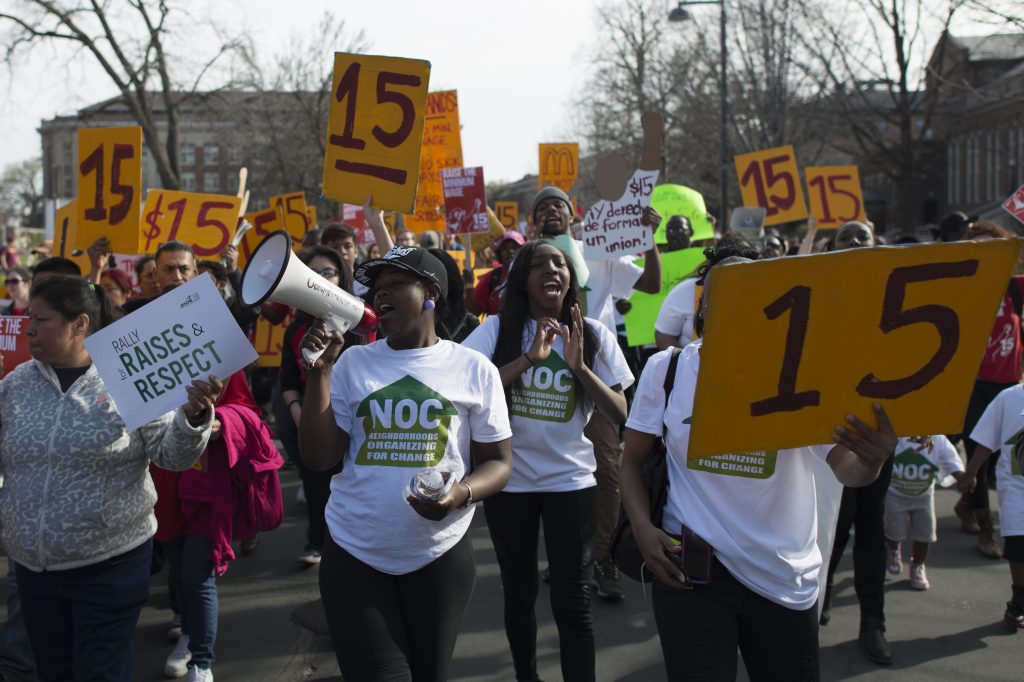After lots of criticism about how it treats its workers, the company said it will now pay everyone at least $15 an hour.
What it means: Amazon is one of the most valuable companies ever. Its CEO, Jeff Bezos, is the richest person in the world. So you can sorta see why people got so pissed off about the fact it didn’t pay most of its workers much. Until now, the median wage (that’s the wage of the person who has an equal number of people paid more and less than them) of Amazon’s American employees was $13 an hour. Bezos gets 59x that, or $767 an hour.
After being slammed by newspapers, campaign groups and Bernie Sanders, Amazon said it would raise its minimum wage to $15 an hour. That’ll make about 250,000 employees better off. Amazon even said it’d campaign for the US government to raise the national minimum wage, which is currently $7.25 an hour and hasn’t been raised in a decade.
But most people don’t think Amazon’s change of heart is based on any concern for its employees' wellbeing. Holiday season is coming up, which means Amazon will soon be trying to hire lots of seasonal workers. (Last year Amazon sold $1 billion worth of stuff on Black Friday, which happens the day after Thanksgiving). But unemployment is really low in the US at the moment (under 4 percent) which means workers aren’t struggling to find a job and can be choosy about where they work. Offering them more money means they’re more likely to pick Amazon.
This might well be true. But Bezos and his buddies aren’t the only people who have benefited from Amazon lowballing its workers. Amazon is so popular partly because it sells its stuff so cheap. Keeping its profit margins low meant we consumers got a better deal, but gave the company less cash to spend on things like wages. Paying workers $2 an hour more is expected to cost Amazon $1 billion a year. That’s not small change, even for a company as rich as Amazon. It has already raised the price of its Prime membership.

